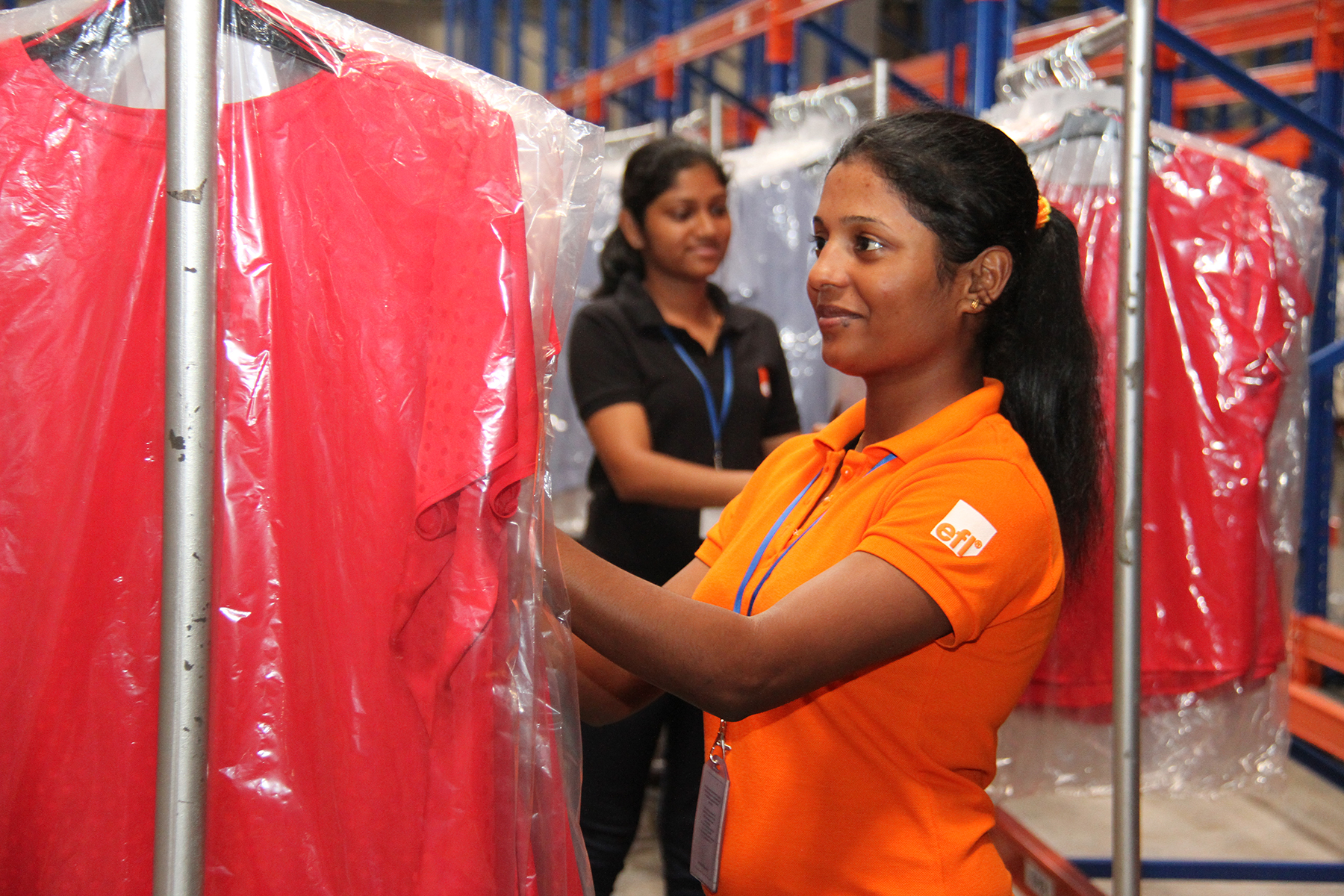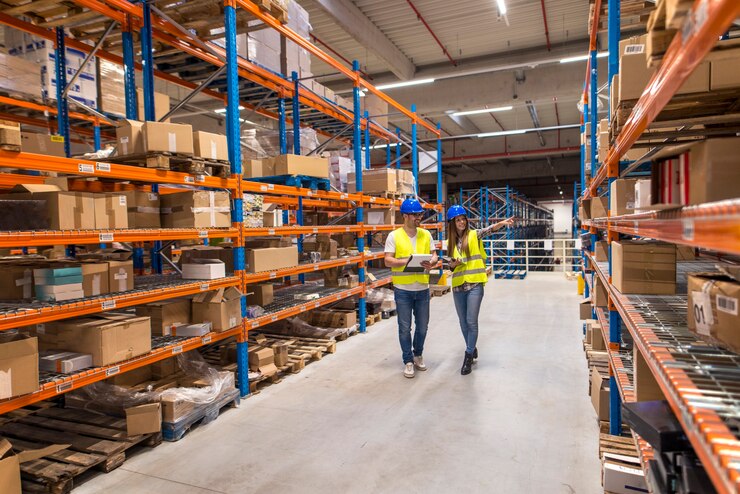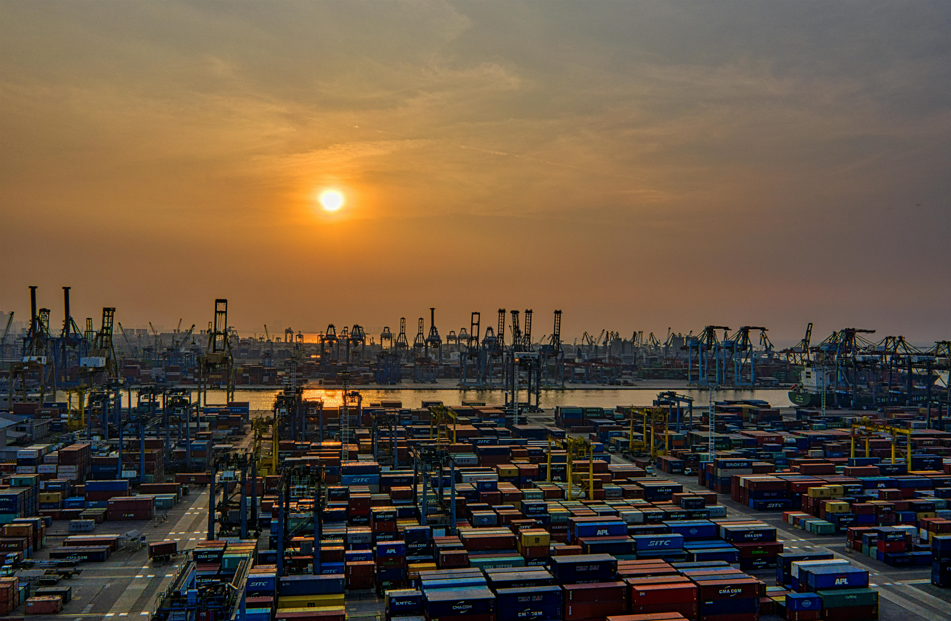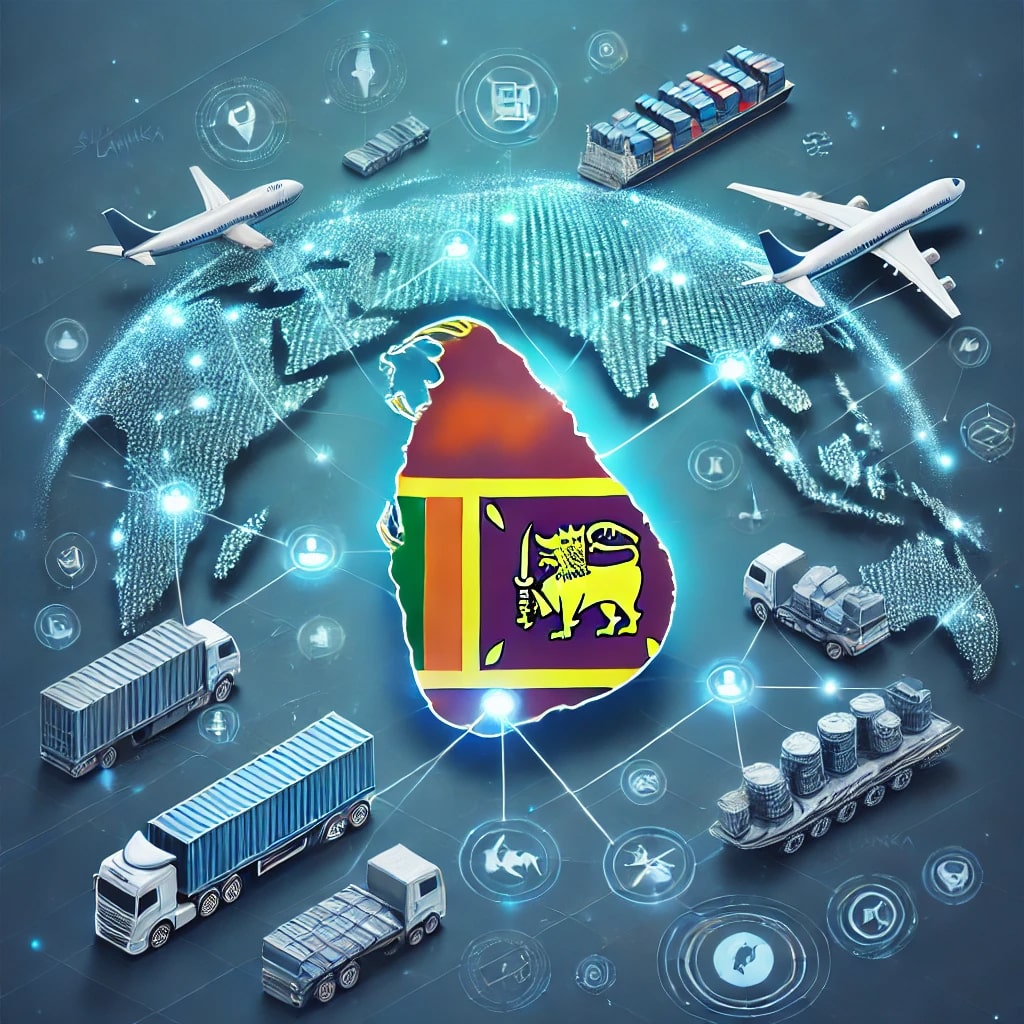Blogs
Challenges and Opportunities in the Apparel Logistics Industry

The apparel industry is a fast-paced sector that plays a vital role in the global economy. With the rise of e-commerce and changing consumer preferences, apparel logistics companies are facing unique challenges and opportunities. Here are some of the challenges faced by apparel logistics companies and the potential opportunities that lie ahead for the industry, with a particular focus on apparel logistics companies in Sri Lanka.
The Need for Efficiency in the Global Supply Chain
One of the primary challenges in the apparel logistics industry is the need for efficient supply chain management. Apparel companies often operate on tight production and delivery schedules, with the demand for fast fashion and just-in-time inventory management. This puts immense pressure on logistics providers to ensure timely and accurate delivery of goods. In Sri Lanka, apparel logistics companies have recognized this challenge and are investing in advanced technologies and systems to optimise their supply chain operations.
Adhering to Global Trade Regulations
Another significant challenge for apparel logistics companies is the complex nature of global trade regulations. The apparel industry relies heavily on international sourcing and distribution, and complying with trade regulations and customs procedures can be a daunting task. The logistics provider needs to closely work with regulatory authorities to ensure compliance and maintain smooth operations. By staying updated on trade regulations and investing in robust customs clearance processes, apparel logistics companies in Sri Lanka can gain a competitive edge in the global market.
Online Shopping
The rapid growth of e-commerce has also presented both challenges and opportunities for the apparel logistics industry. Online shopping has revolutionised the way consumers purchase apparel, leading to an increase in parcel volumes and the demand for faster and more flexible delivery options.
Environmentally Friendly Processes
Sustainability is another crucial aspect that apparel logistics. Consumers are becoming more conscious of the carbon footprint of the products they purchase. This has put pressure on apparel companies to adopt sustainable practices throughout their supply chain, including logistics.
Sri Lanka’s Strategic Location
The country’s strategic location in the Indian Ocean has made it a key hub for apparel manufacturing and distribution. With its well-developed infrastructure, skilled workforce, and favorable trade agreements, Sri Lanka offers a conducive environment for apparel logistics companies to thrive.
Understanding the opportunities of the apparel industry and the strengths of the country’s advantageous location, Sri Lanka can position themselves as key players in the global apparel supply chain, contributing to the growth and success of the industry as a whole.





